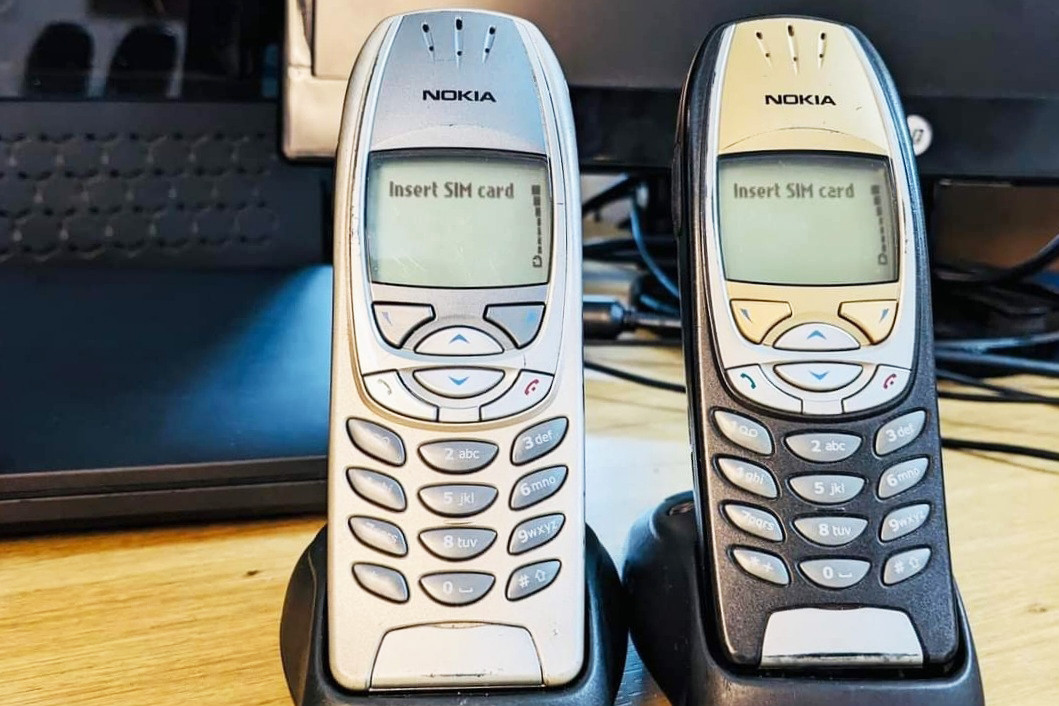
According to the plan to phase out 2G services in Vietnam, starting September 16, 2024, telecom operators will cease providing services for devices that only support GSM (2G). This means that after this date, 2G-only phones will become obsolete.
Vietnam currently has over 10 million 2G subscribers using basic phones. These users will need to switch to new devices before the deadline.
During a meeting of the Vietnam Telecommunications Authority (Ministry of Information and Communications) with companies implementing the 2G shutdown, one major concern raised by telecom providers was whether mobile device suppliers could meet the high demand for replacement phones.
Nguyen Trong Tinh, Deputy General Director of Viettel Telecom, highlighted the significant issue of a potential shortage of 4G phones, including both 4G feature phones and affordable smartphones priced under 3 million VND ($118). Viettel's calculations indicate that the Vietnamese mobile market can only meet about 50% of the demand. Therefore, the company has requested the Ministry of Information and Communications to influence suppliers to ensure an adequate supply of 4G phones in regions undergoing device transitions.
"There is a situation where 4G phones and smartphones are sporadically out of stock in some provinces. Despite Viettel's efforts to supply phones for the transition, the speed of conversion, especially towards the final stages, remains unmet," said Tinh.
Nguyen Phong Nha, Deputy Director of the Vietnam Telecommunications Authority, suggested that Viettel consider proactively importing devices, possibly directly purchasing phones to support users.
"The Vietnam Telecommunications Authority will work with mobile phone import-export companies to understand the situation and will send notifications about the discontinuation of 2G technology to encourage these companies to focus more on supplying 4G devices," said Nha.
Earlier, at a seminar titled "Shutting Down 2G, What Should People Prepare?" co-organized by VietNamNet and the Vietnam Telecommunications Authority, the issue of replacing 2G phones was also discussed.
Truong Minh Hoang, Business Development Director of The Gioi Di Dong (Mobile World), noted that sales of 4G feature phones have been increasing at their retail chain. 4G feature phones account for 10-15% of the monthly sales volume at The Gioi Di Dong, equivalent to about 70,000 units sold each month.
"With 4G feature phones, only a few domestic manufacturers such as Nokia, Masstel, Itel, and Mobell produce them. Except for Nokia, the other three suppliers do not produce enough to meet the demand for transitioning 2G subscribers. Large quantity orders within a short time frame also pose difficulties for retailers in stocking enough units," shared The Gioi Di Dong representative.
From a manufacturer’s perspective, Vu Thanh Trung, Product Director of Oppo Vietnam, indicated that to meet the demand for affordable smartphones, the company plans to launch several models under 5 million VND by the end of the year.
Users of 2G phones are primarily in mountainous and rural areas with lower incomes. Therefore, Oppo prioritizes releasing durable phones with long battery life.
Despite these challenges, many retailers and mobile device manufacturers, during the VietNamNet seminar, committed to striving to meet consumer demand and prevent a shortage of devices when 2G services are phased out.
Trong Dat